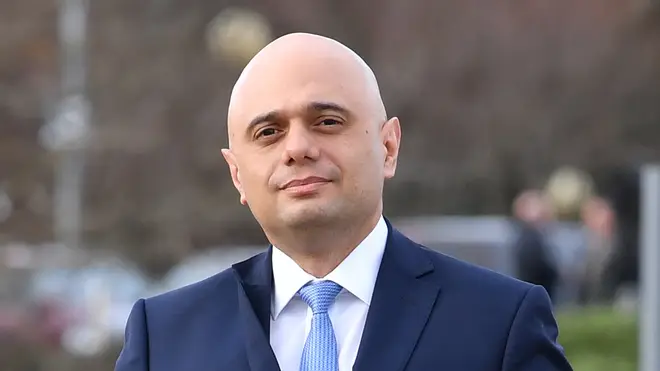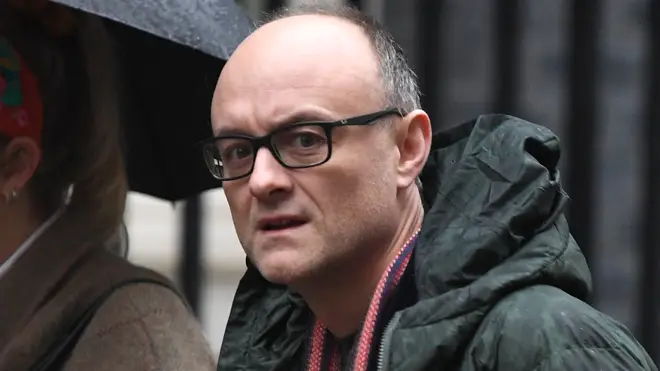
Iain Dale 7pm - 10pm
13 February 2020, 14:43

Sajid Javid has resigned as chancellor in the wake of the recent reshuffle after refusing the Prime Minister's demands to sack his "special advisers" - but who or what are they?
The former chancellor had a strained relationship with Boris Johnson's election guru Dominic Cummings.
It is claimed Mr Cummings wanted to exert more control over the civil service in today's recent reshuffle.
Labour shadow chancellor John McDonnell said today's events amounted to a power-grab by Mr Cummings.
He said: "This must be a historical record with the government in crisis after just over two months in power.
"Dominic Cummings has clearly won the battle to take absolute control of the Treasury and install his stooge as chancellor."
Speaking about Mr Javid's replacement, Rishi Sunak, Mr McDonnell told LBC News he thought the former Chief Secretary to the Treasury - was "inexperienced".

He continued: "I'm shocked as you as you are. I didn't expect this. I don't think anybody did."
Referring to Mr Javid, he said: "He had this battle with Dominic Cummings, literally over months, particularly since the General Election.
Mr Javid is said to have been offered the chance to keep his role, but resigned after refusing to fire his close aides -also known as special advisers.
What are special advisers?
They are a type of civil servant which work in a supporting role to the British government.
It is their duty to assist and advise government ministers and they are often referred to as "SpAds" or "Spads".
Who employs special advisers?
They are paid by central government and are styled as a so-called "temporary civil servants" appointed under Article 3 of the Civil Service Order in Council 1995.
They are different from "permanent" civil servants because they are political appointees whose loyalties are claimed by the governing party and ministers - of whom they have a close relationship.
What do special advisers do?
Spads can give strong political advice, help draft political speeches and provide an extra pair of hands for ministers.
Their code of conduct states: "The employment of special advisers adds a political dimension to the advice and assistance available to ministers while reinforcing the political impartiality of the permanent Civil Service by distinguishing the source of political advice and support.
"Special advisers are employed to help ministers on matters where the work of government and the work of the government Party overlap and where it would be inappropriate for permanent civil servants to become involved.
"They are an additional resource for the minister providing assistance from a standpoint that is more politically committed and politically aware than would be available to a minister from the permanent civil service."
Who can sack special advisers?
Cabinet ministers are able to personally appoint teams of external experts, political advisers and seconded civil servants.
However, the final say over the appointment of permanent secretaries is overseen by the Civil Service Commission – with only the Prime Minister able to veto appointments.